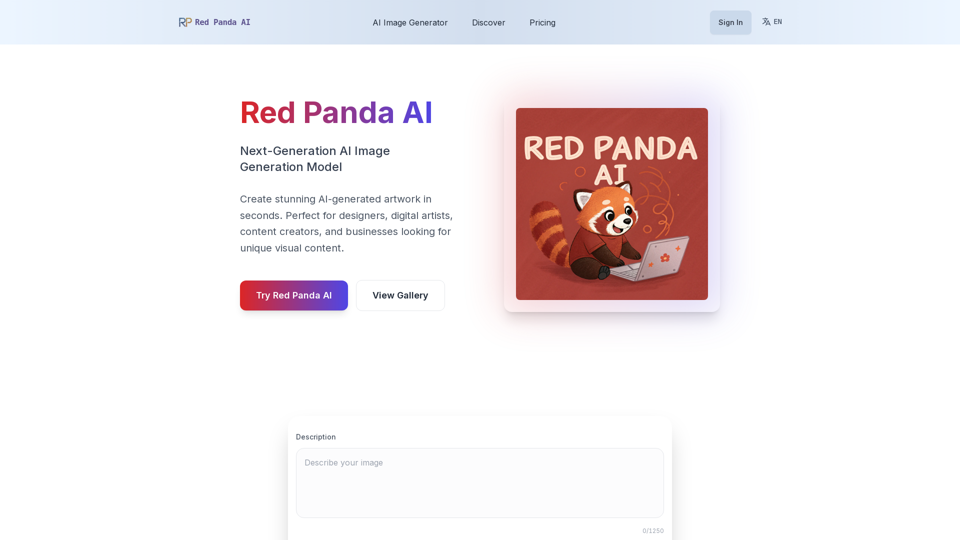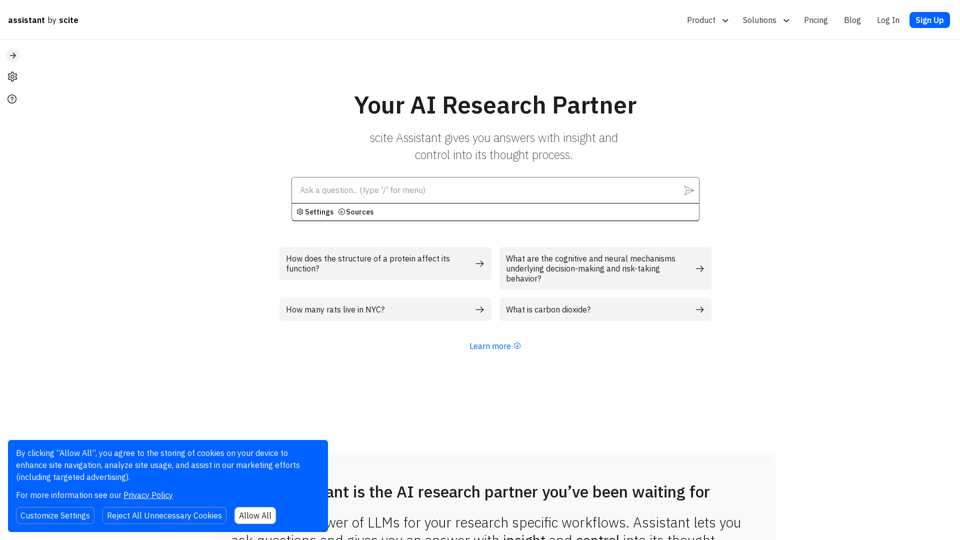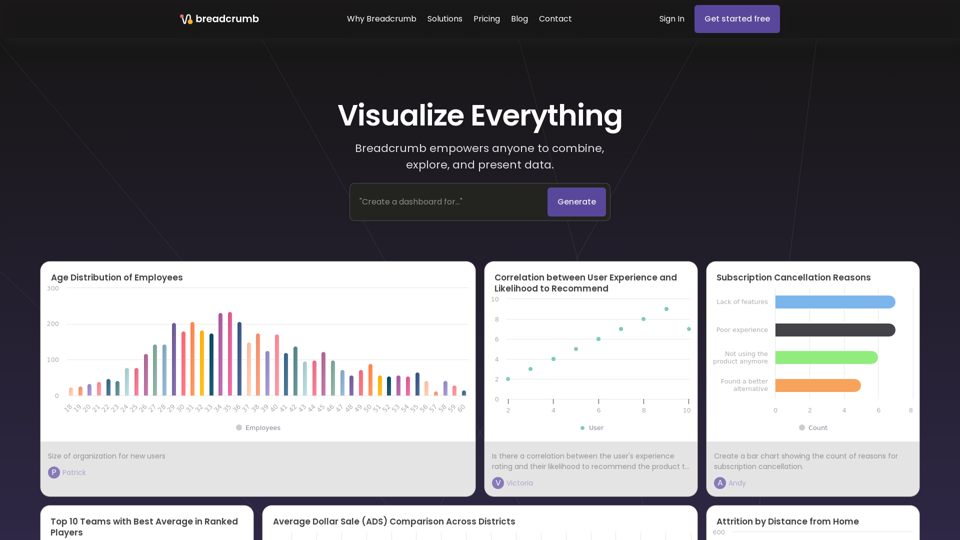Что такое ИИ в воспитании детей?
Искусственный интеллект (ИИ) в воспитании детей означает использование технологий ИИ для помощи родителям в управлении повседневными обязанностями и улучшении развития их детей. Инструменты ИИ могут выполнять задачи, которые обычно требуют человеческого интеллекта, такие как принятие решений, перевод языков и визуальное восприятие. Эти инструменты могут быть интегрированы в различные аспекты семейной жизни, предлагая поддержку в планировании, составлении меню, образовательных мероприятиях и многом другом.
Преимущества ИИ в воспитании детей
Удобство и эффективность
- Автоматизация задач: ИИ может автоматизировать рутинные задачи, делая повседневную жизнь более удобной.
- Оптимизация расписания: Приложения на базе ИИ могут управлять расписаниями и напоминаниями, гарантируя, что родители не пропустят важные события.
Образовательная поддержка
- Персонализированное обучение: Образовательные приложения на базе ИИ предоставляют индивидуальный опыт обучения, адаптируясь к потребностям каждого ребенка.
- Быстрые ответы: Виртуальные помощники могут быстро отвечать на вопросы детей, облегчая нагрузку на родителей.
Здоровье и безопасность
- Мониторинг здоровья: Носимые устройства отслеживают показатели здоровья и этапы развития.
- Родительский контроль: Приложения на основе ИИ помогают управлять временем, проводимым детьми за экранами, и блокировать нежелательный контент.
Эмоциональная и психологическая поддержка
- Управление стрессом: Чат-боты на базе ИИ предлагают эмоциональную поддержку и советы по управлению стрессом для родителей.
- Сценарии мягкого воспитания: ИИ может предоставлять сценарии для мягкого и эффективного решения сложных ситуаций в воспитании детей.
Как использовать ИИ в воспитании детей
Планирование питания и списки покупок
- ИИ может составлять еженедельные планы питания на основе диетических предпочтений и создавать упорядоченные списки покупок.
Генерация активности
- ИИ предлагает творческие занятия для детей, минимизируя время за экраном и повышая вовлеченность.
Бюджетирование и финансовое управление
- Инструменты ИИ предлагают финансовые советы и помогают эффективно управлять бюджетными задачами.
Ежедневное ведение дневника
- Ведение дневника с помощью ИИ помогает родителям практиковать благодарность и балансировать умственную нагрузку.
Потенциальные риски ИИ в воспитании детей
Проблемы конфиденциальности и безопасности
- Сбор данных: Устройства ИИ часто собирают пользовательские данные, вызывая опасения по поводу конфиденциальности.
- Уязвимости безопасности: Системы ИИ могут быть подвержены взлому, что может привести к компрометации конфиденциальной информации.
Зависимость и стоимость
- Чрезмерная зависимость: Чрезмерная зависимость от ИИ может привести к утрате определенных навыков.
- Расходы: Устройства ИИ могут быть дорогими, а обслуживание может увеличить расходы.
Этические соображения
- Предвзятость и справедливость: Обеспечение справедливости и инклюзивности систем ИИ важно для избежания закрепления предвзятостей.
Заключение
Несмотря на многочисленные преимущества ИИ в воспитании детей, важно сбалансировать его использование с традиционными методами воспитания. ИИ следует рассматривать как инструмент для помощи, а не замены важной роли, которую играют родители в жизни своих детей. Понимая возможности и ограничения ИИ, родители могут принимать обоснованные решения о внедрении этих технологий в семейные рутины.


















